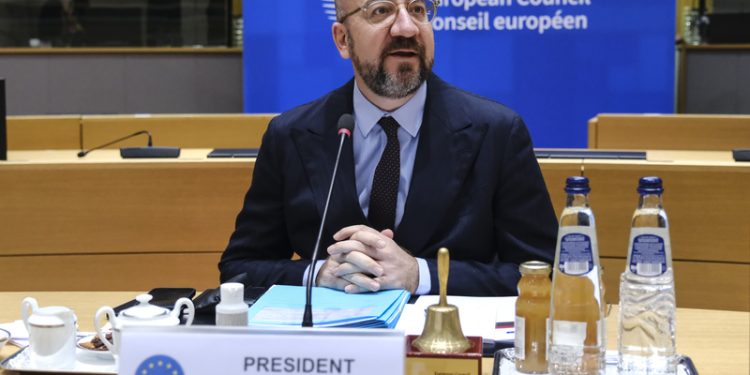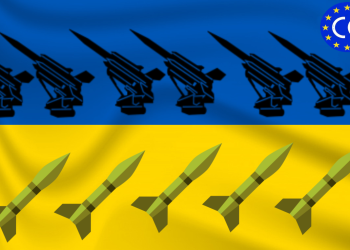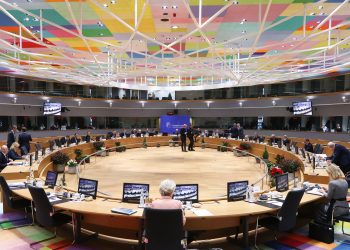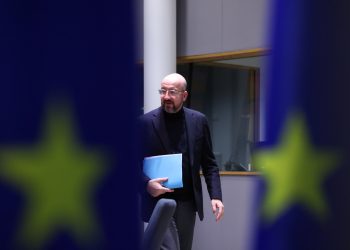Brussels – Not just assets of the Russian Central Bank: to rebuild Ukraine (when the time comes), heads of state and government want to take advantage of the extra income of Russian private entities immobilized in the EU, not just public ones. And so, there is a move away from the European Commission’s proposal to use only assets immobilized in the EU through Moscow’s main financial institution.
“The European Council reiterates its call for decisive progress, in coordination with partners, on how extraordinary revenues held by private entities stemming directly from Russia’s immobilized assets could be directed to support Ukraine and its recovery and reconstruction, consistent with applicable contractual obligations, and in accordance with EU and international law,” according to the text of the conclusions that the European Council adopted today in relation to Ukraine. “In this context, it takes note of the recent proposals on extraordinary revenues stemming from immobilized Russian assets.”
Discussion on how to exploit the over 200 billion euros in Russian assets tied up in the EU since the start of Russia’s war against Ukraine in February 2022 started this week in Brussels, with a European Commission proposal to move profits from sanctioned Russian assets in the EU into a separate account as a first, cautious step, and then proceed to use them to finance Ukraine’s reconstruction. How to do it will have to be decided later based on discussions with EU governments. To avoid legal problems, the European Commission has proposed using not the actual assets (which the European Commission has estimated that about 211 billion euros), but rather the profits generated from just being immobilized in EU territory, mainly through Euroclear, in Belgium, and Clearstream, in Luxembourg.
The proposal is not retroactive, so it will not be able to target the extra profits made so far but will apply from the moment governments have found a common position on the issue. And only on resources flowing from the sanctioned Russian Central Bank. According to the conclusions in the chapter on Ukraine, EU leaders are also pushing the discussion further to private entities. The text of the conclusions still states that the heads of state and government take “note of the recent proposals on extraordinary revenues from Russia’s immobilized assets,” welcoming the agreement “reached on the Directive on the definition of criminal offenses and penalties for the violation of Union restrictive measures.”
Russia is a central part of the conclusions on Ukraine, and the heads of state and government push “to establish a tribunal for the prosecution of the crime of aggression against Ukraine that would enjoy the broadest cross-regional support and legitimacy, and a future compensation mechanism.” They reiterate their support for the first register of damages caused by the aggression of the Russian Federation against Ukraine, drafted by the Council of Europe, as the first tangible step in this direction.
English version by the Translation Service of Withub







